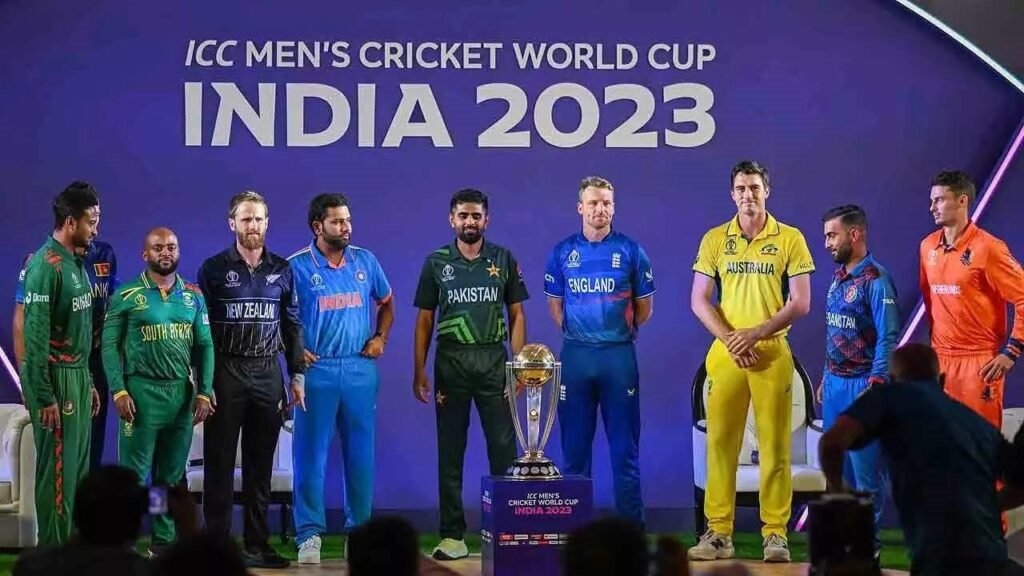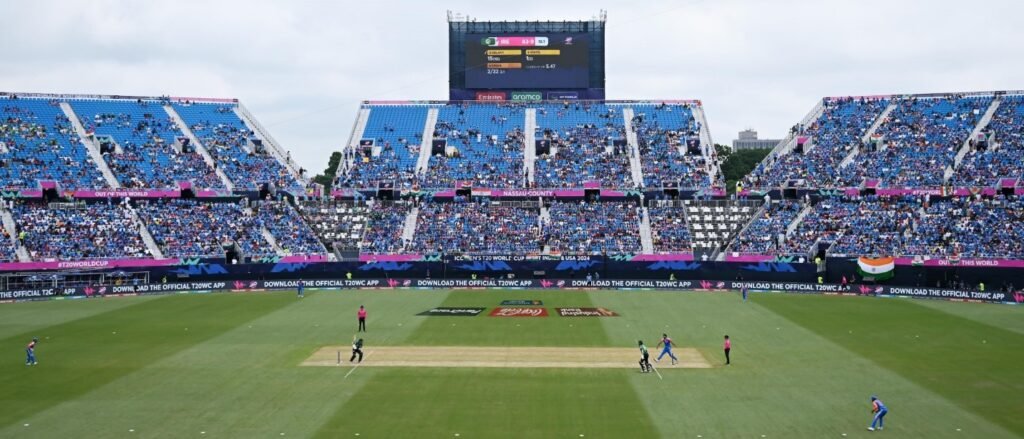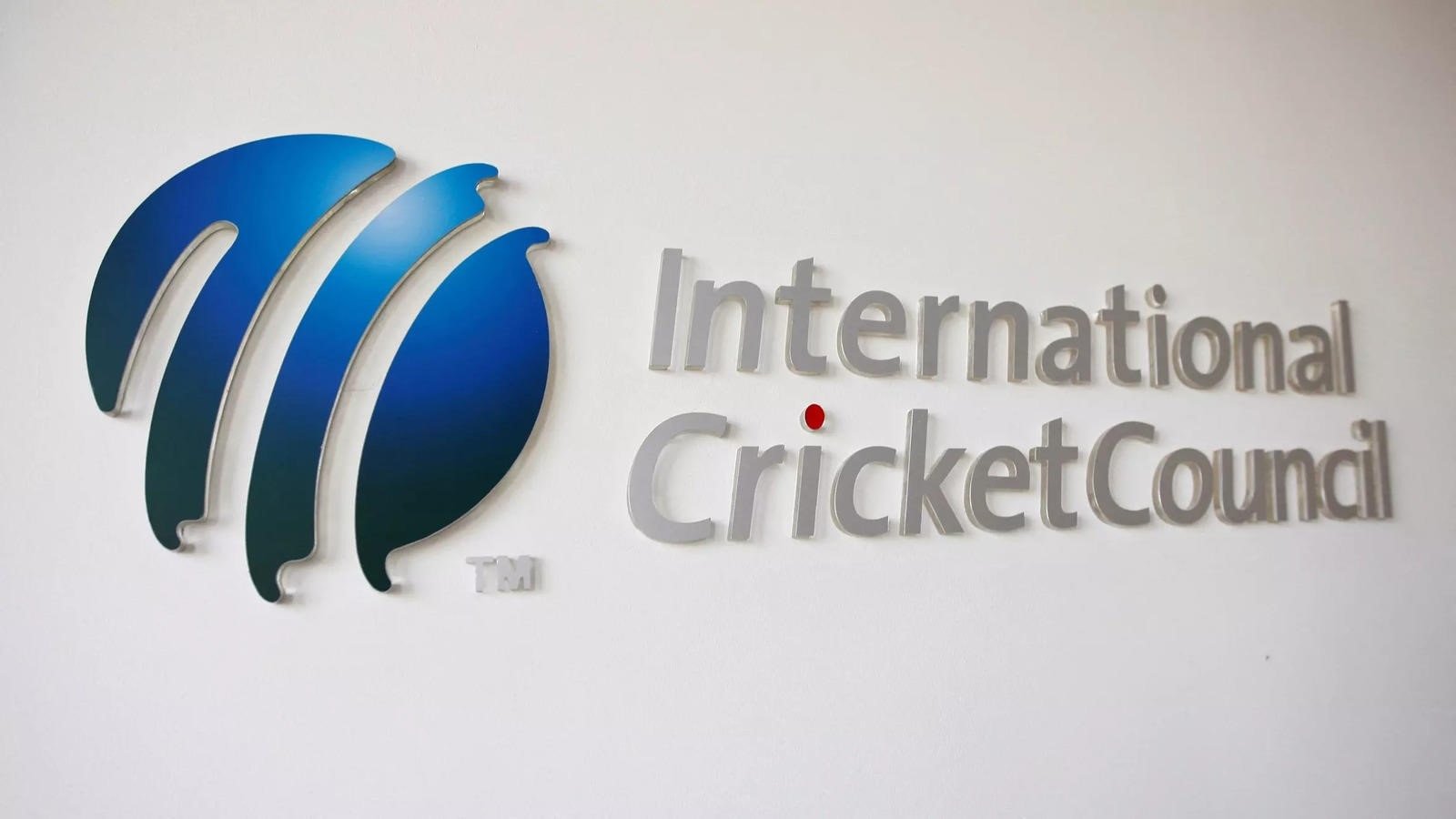Jay Shah, the Ex Secretary of the Board of Control for Cricket in India (BCCI), has been elected as the new Chairman of the International Cricket Council (ICC), marking a significant shift in cricket’s global leadership. This appointment places one of India’s most influential cricket administrators at the helm of the sport’s governing body, potentially reshaping international cricket’s future direction and priorities.
Cricket, often hailed as a sport of tradition and fervor, enjoys a global presence thanks to the meticulous governance of the International Cricket Council (ICC). As the apex body for cricket, the ICC oversees the sport’s administration, regulation, and global promotion. Through this post, let’s delve into what the ICC is, its storied history, and what lies ahead with Shah’s leadership.
What is the ICC?
The International Cricket Council, or ICC, is the organization that oversees cricket globally. The International Cricket Council (ICC) was founded to supervise the international administration and rules of the game. It is in charge of planning and executing the main cricket competitions and events, such as the Cricket World Cup and the T20 World Cup. It stands for a global network of 108 member countries, from rising cricketing nations worldwide to major cricketing nations like Australia and India.
In addition to event management, the ICC plays a pivotal role in maintaining the integrity and consistency of the game. It manages the ICC Code of Conduct, playing conditions, and the Decision Review System (DRS), which assists in adjudicating umpire decisions. The ICC also appoints match officials and enforces rules to combat corruption through its Anti-Corruption Unit.

A Brief History of the ICC
The ICC’s origins date back to 1909 when representatives from England, Australia, and South Africa convened in London to establish the Imperial Cricket Conference. Initially aimed at organizing Test matches, the conference evolved over time. By 1965, the body was renamed the International Cricket Conference and, eventually, the International Cricket Council in 1989.
The ICC’s role has expanded significantly since its early days. Initially, it focused primarily on organizing Test cricket, but as the game grew, so did the ICC’s responsibilities. The introduction of One Day Internationals (ODIs) in the 1970s and T20 Internationals in the early 2000s marked significant milestones in cricket’s evolution, and the ICC has been central to managing and regulating these formats.
Recent Developments and Jay Shah’s Election
On August 20, 2024, the cricketing world witnessed a notable development as Jay Shah, the current honorary secretary of the Board of Control for Cricket in India (BCCI), was elected unopposed as the Independent Chair of the ICC. Shah will formally take over the role on December 1, 2024, succeeding Greg Barclay, who chose not to seek a third term.

Jay Shah’s appointment is noteworthy for several reasons. His election comes at a critical juncture for cricket, with the sport set to make its debut at the LA 2028 Olympics—a significant milestone that Shah is keen to leverage. His vision emphasizes expanding cricket’s global reach and increasing its popularity across diverse regions. This move aligns with the ICC’s ongoing efforts to globalize the sport and introduce it to new audiences.
What Lies Ahead?
Under Jay Shah’s leadership, the ICC is expected to focus on several key areas:
1. Global Expansion: Shah has articulated a commitment to broadening cricket’s appeal, particularly in regions where the sport is still developing. This includes increasing the number of member nations and enhancing grassroots development.
2. Olympic Inclusion: With cricket set to feature in the LA 2028 Olympics, the ICC, under Shah’s guidance, will work to integrate the sport into the Olympic framework, which could significantly elevate cricket’s global profile.
3. Event Management: The ICC will continue to manage and stage major tournaments, ensuring their smooth execution while adapting to the evolving demands of international cricket.
4. Integrity and Fair Play: Strengthening efforts against corruption and ensuring fair play will remain a top priority. Shah’s tenure will likely see continued emphasis on maintaining the sport’s integrity.
5. Innovative Technologies: Embracing new technologies, including advancements in decision-making systems and player analytics, will be crucial in keeping cricket engaging and relevant.

Conclusion
The International Cricket Council plays a fundamental role in shaping the future of cricket. As the sport navigates new opportunities and challenges, Jay Shah’s election as the Independent Chair represents a pivotal moment. His vision for expanding cricket’s global footprint and his focus on the upcoming Olympic inclusion reflect a progressive approach to leading the ICC.
With a rich history of governance and a forward-looking agenda, the ICC, guided by Shah’s leadership, is poised to further elevate cricket on the global stage. The journey ahead promises to be dynamic, with the ICC at the helm of cricket’s continued evolution and global embrace.














